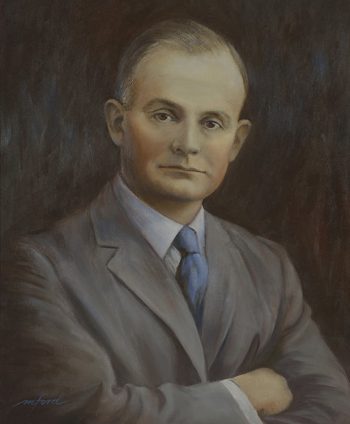Hon. Ernest C. Drury
- Canadian Agricultural Hall of Fame
- Inductees
- Hon. Ernest C. Drury

- Inducted: 1971
- Residing Province: Ontario
- Gallery Location: 89
Hon. Ernest Charles Drury
- (1878
- -
- 1968)
Following his academic training at the Ontario Agricultural College, Ernest Drury returned to the home farm where he became a leader in his community and later the first citizen of the province. As a young farmer he applied the knowledge gained at college and thereby became a teacher by example. Among his innovations, which were widely copied, was that of building the first cement silo in Simcoe County.
Early in his farming career he showed an interest in farm organizations. In 1906 he became the first secretary of the Canadian Council of Agriculture, an organization bent on wiping out protective tariffs. In 1913 Mr. Drury was honoured by being elected the first president of the United Farmers of Ontario (UFO). Although not organized for political purposes, this organization decided to field candidates in the 1919 provincial election and succeeded in electing the greatest number of members. They chose Mr. Drury as their leader and thus he served as Premier of Ontario from 1919-1923.
During his term of office a great deal of agricultural legislation was enacted. Reforestation and water conservation policies were initiated; agricultural schools were established at Ridgetown and Kemptville; the embargo on cattle exports to Britain was lifted and a provincial highway system became a reality.
In recognition of his lifetime of work for agriculture, the Department of Travel and Tourism erected a memorial plaque in front of his birthplace near Crown Hill, north of Barrie.
Après ses études à l’Ontario Agricultural College, Ernest Drury est retourné à la ferme familiale où il devint un leader dans sa communauté pour plus tard, devenir le premier citoyen de la province. En tant que jeune agriculteur, il a mis en œuvre les connaissances acquises au collège et prêcha par l’exemple. Parmi ses innovations qui ont été largement adoptées par d’autres, notons celle de la construction du premier silo en béton dans le comté de Simcoe.
Au début de sa carrière d’agriculteur, il démontra son intérêt dans les organisations agricoles. En 1906, il est devenu le premier secrétaire du Conseil canadien de l’agriculture, un organisme dédié à éliminer les barrières des tarifs douaniers. En 1913, M. Drury a été honoré en étant élu le premier président de la United Farmers of Ontario (UFO). Bien que l’UFO ne fût pas une organisation politique, cette association a décidé de présenter des candidats à l’élection provinciale de 1919 et a réussi à faire élire le plus grand nombre de membres. Ils ont choisi M. Drury comme leur chef et par la suite, il est devenu le Premier ministre du premier gouvernement agricole de l’Ontario.
Au cours de son mandat, un grand nombre de lois reliées au secteur agricole a été promulguées. Les politiques de reboisement et de conservation de l’eau ont été lancées; des écoles agricoles ont été établies à Ridgetown et à Kemptville; l’embargo sur les exportations de bovins vers la Grande-Bretagne a été éliminé et un réseau provincial de grandes routes est devenu une réalité.
En reconnaissance d’une carrière dédiée à l’agriculture, le ministère provincial du tourisme a érigé une plaque commémorative devant sa maison natale près de Crown Hill, au nord de Barrie.
- Ontario Federation of Agriculture


